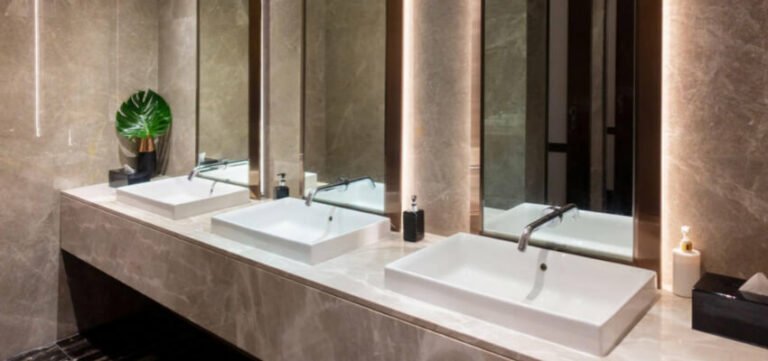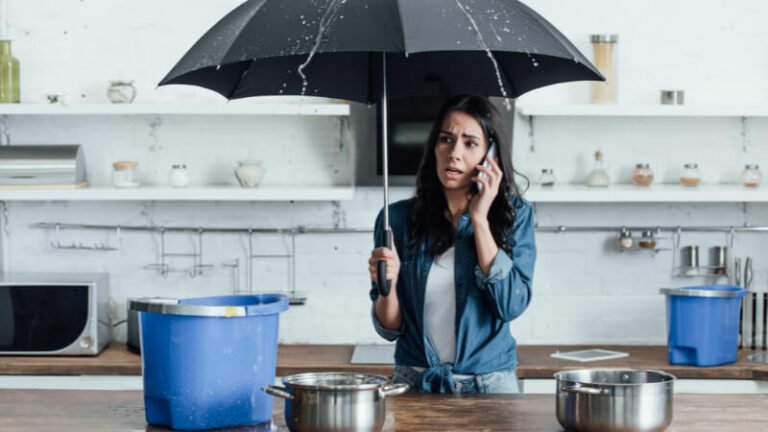Restaurant plumbing – the essential role of plumbing in a restaurant and food service operation
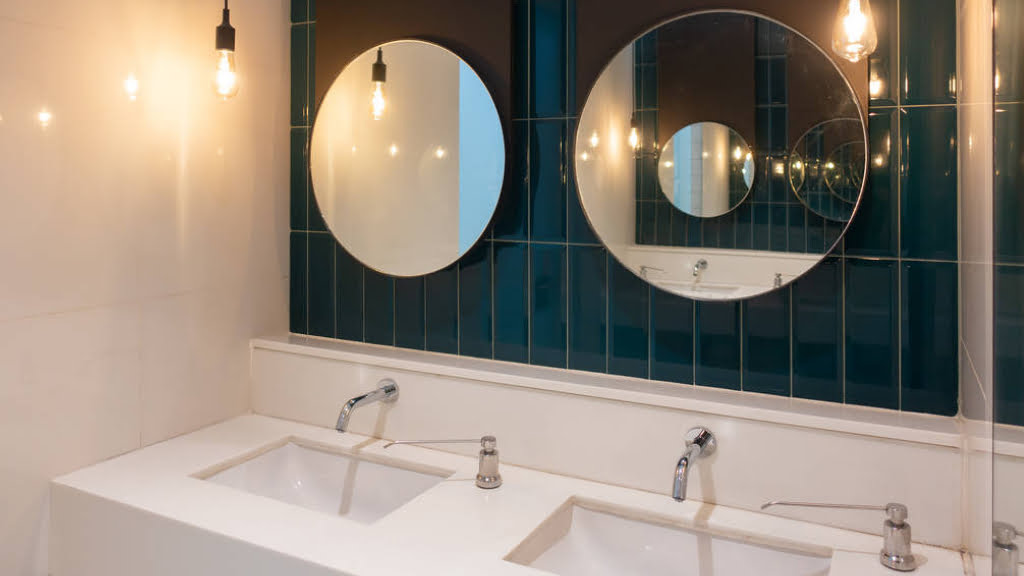
Hey there foodies and restaurateurs! Today, we’re going to talk about something that’s absolutely essential to your business but often overlooked – restaurant plumbing! Don’t worry, we’ll keep it fun and informative. Plumbing is so much more than just pipes and taps. It’s the lifeblood of your operation, ensuring a steady supply of clean water and disposing of all the waste that comes with running a busy kitchen. From grease traps to drainage systems, plumbing plays a vital role in keeping your food service business up and running smoothly. So let’s dive in and explore why plumbing is crucial to your success in the kitchen!
Water Supply System
When it comes to running a restaurant, having a reliable and consistent water supply is vital. Think about it – we use water for everything from prepping ingredients to washing dishes and cleaning kitchen equipment. Without a properly functioning water supply system, a restaurant would struggle to maintain food safety standards and provide customers with the top-notch service they deserve.
So, let’s delve into the nitty-gritty of a water supply system. The pipes, valves, and fixtures are the unsung heroes of a restaurant’s plumbing infrastructure. Pipes transport water from the main supply to the fixtures, while valves allow you to control the water flow. Fixtures, such as faucets and sinks, are where the magic happens – they dispense the water for all your kitchen and dining needs.
While all these components work together to keep the water supply system running smoothly, they are not immune to problems. Leaks can lead to water damage and mold growth, while low water pressure can cause frustrations in the kitchen. But perhaps the most severe risk associated with a compromised water supply system is contamination. Contaminated water can cause food poisoning and other health-related issues in customers, leading to a severe impact on your restaurant’s reputation and bottom line.
In some cases, a compromised water supply system can result in a shutdown of operations – and nobody wants that. Fortunately, routine inspections and maintenance of your plumbing system can prevent these issues from escalating. Regular inspections can reveal potential problems before they become critical, and prompt repairs can help minimize downtime and unplanned expenses.
So whether it’s fixing a leaky faucet or identifying potential problems in your water supply system, it’s important to prioritize your restaurant’s plumbing infrastructure. A well-maintained system ensures you can provide your customers with safe and high-quality dining experiences, all while keeping your operation running like a well-oiled machine.
Drainage and Waste Management
When we talk about the essential role of plumbing in a restaurant, we can’t forget to mention one critical aspect: drainage and waste management. If you overlook this, you’re in trouble. Trust us, we’ve seen some nasty blockages caused by poor waste management – yikes!
There are different types of waste generated in a food services operation such as food scraps, grease, oils, and wastewater, just to mention a few. And each one requires specific disposal methods. Food scraps and other solid waste should be collected and disposed of in the appropriate trash containers, while waste liquids must be directed to the sewer system or an on-site treatment facility.
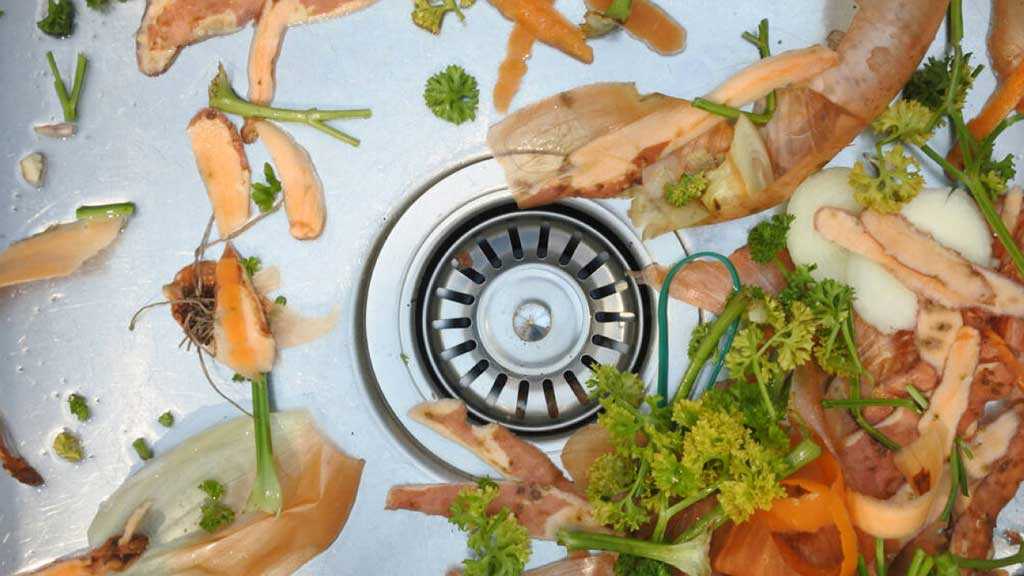
The plumbing components involved in effective drainage and waste management include drain lines, grease traps, interceptors, and so on. Drain lines carry wastewater to appropriate systems, while grease traps intercept and retain fats, oils, and grease (FOG), allowing the filtered water to flow through the system unimpeded. Interceptors capture large solids and other materials that could potentially clog the waste system.
If you don’t keep your drainage and waste system in great shape, you’re in for some headaches that can cost your business more than just money. Poor maintenance of these systems can result in backups, clogs, foul odors, and damage to equipment. Not to mention that poorly managed waste systems can lead to fines or even closure by health and safety regulators. So, please make sure that your drainage and waste management system is working at maximum efficiency. Trust us; it’ll save you a lot of hassle in the long run!
Specialized Plumbing Needs
When it comes to plumbing in your food service business, there’s no one-size-fits-all approach. Different types of restaurants have unique plumbing needs that depend on their cuisine, equipment, and layout.
For example, commercial kitchens may require special grease traps to prevent clogging and fire hazards. Bakeries may need specialized water filtration systems to ensure the quality of their products. Coffee shops may require unique piping configurations to handle their espresso machines. And bars may need special drain systems for their beer taps.
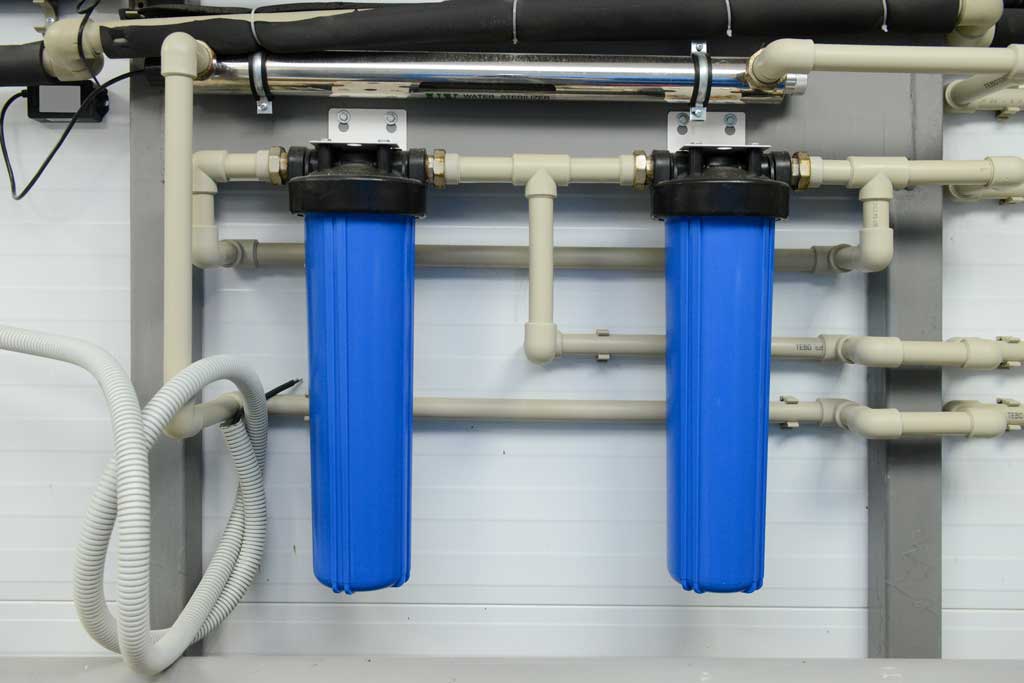
It’s important to work with a plumber who has experience in restaurant and food service plumbing. They understand the specific needs of each type of establishment and can provide customized solutions to ensure that your plumbing system operates smoothly.
Trying to tackle specialized plumbing needs on your own or with a general plumber may result in unnecessary expenses, ineffective solutions, and even health code violations. And trust us, nobody wants that.
So, whether you’re managing a restaurant or a small coffee shop, don’t overlook the importance of specialized plumbing. Partner with an experienced plumber who can help ensure that your business runs smoothly and efficiently.
Keeping Your Restaurant Plumbing System in Tip-Top Shape
Running a restaurant is already a tough job, but maintaining a healthy plumbing system can be even tougher. Your pipes and fixtures seemingly never take a break, even after your customers have gone home for the night. As a result, piling issues like clogs, leaks, and backups can crop up seemingly out of nowhere, disrupting your business and potentially costing you a small fortune in commercial plumbing repairs.
That’s why it’s incredibly important to stay on top of your restaurant’s plumbing maintenance. Regular upkeep not only prevents emergencies from happening but also helps keep your plumbing system in great condition. Here are some typical plumbing maintenance tasks that you should perform on a routine basis:
- Clean grease traps & garbage disposals regularly to avoid build-up and blockages.
- Inspect pipes for leaks to prevent bigger issues down the line.
- Replace worn fixtures, including faucets and toilets, before they break down completely.
- Check the water heater for mineral accumulation or rust, and flush it out if necessary.
- Make sure all drains, including floor drains, are functioning correctly.
By staying proactive and performing routine maintenance on your plumbing system, you can prevent small issues from becoming major problems. Moreover, regularly checking your pipes and fixtures can help you spot potential issues before they even happen, potentially saving you hundreds, if not thousands, of dollars in repairs.
So, don’t let your restaurant’s plumbing system fall by the wayside. Make sure you’re scheduling routine maintenance, repairs, and upkeep to keep everything running smoothly. In doing so, you can avoid costly repairs, maintain customer safety and satisfaction, and keep your business moving forward.
Conclusion
So there you have it, folks! Quality plumbing is the backbone of any successful restaurant or food service operation. It’s not just about clean water and smooth drains, it’s about happy customers and happy wallets. Keep your plumbing in top shape, and your business will thrive. Don’t neglect your pipes, or you may be in for some unpleasant surprises. Happy plumbing, happy customers, happy business!

